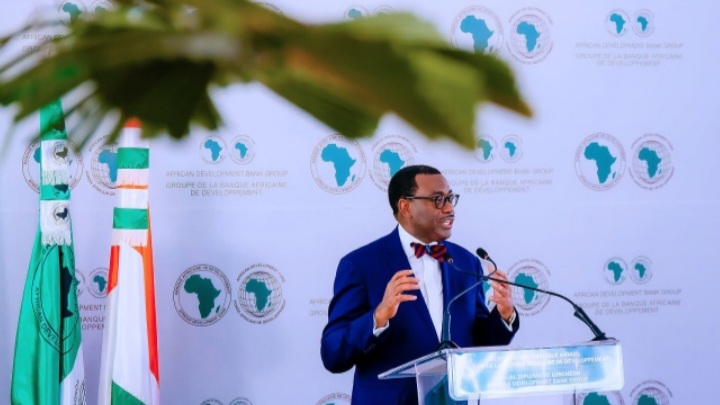AfDB will commit $25bn to climate finance by 2030 – Dr. Adesina

By George George Idowu
The president of the African Development Bank (AfDB), Akinwumi Adesina, has said the bank has committed to doubling its climate finance to $25 billion by 2030, primarily through the African Adaptation Acceleration Programme.
The AfDB leader also disclosed that Africa incurs annual losses of $7 billion to $15 billion due to climate change, despite contributing only three percent of global emissions.
In a recent interview with the BBC, Adesina emphasized that Africa bears the brunt of climate change, which severely impacts its agriculture and economies.
According to him, to combat this, AfDB has launched significant initiatives aimed at building resilience and adapting to the changing climate.
He said: “The AfDB has committed to doubling its climate finance to $25 billion by 2030, primarily through the African Adaptation Acceleration Programme.
“This programme aims to deploy $25 billion for climate adaptation, making it the largest globally. Additionally, we have established a climate action window with an initial investment of $429 million, expected to grow to $13 billion,” Adesina added.
He explained that this climate action window is designed to support vulnerable countries with crop insurance, land restoration, and climate information services.
Adesina noted that innovative financial mechanisms are crucial in supporting these initiatives. For instance, the bank uses partial credit guarantees to help countries like Benin, Senegal, and Cote d’Ivoire raise substantial capital at lower interest rates.
Despite the significant challenges posed by climate change, Adesina highlighted Africa’s leadership in innovative solutions and sustainable development.
He also pointed out that the current global financial architecture does not adequately serve Africa’s interests and requires reform.
On the issue of Special Drawing Rights (SDRs), Adesina mentioned that the AfDB is advocating for Africa to better utilize these resources to enhance its financial standing and resilience against climate impacts.
